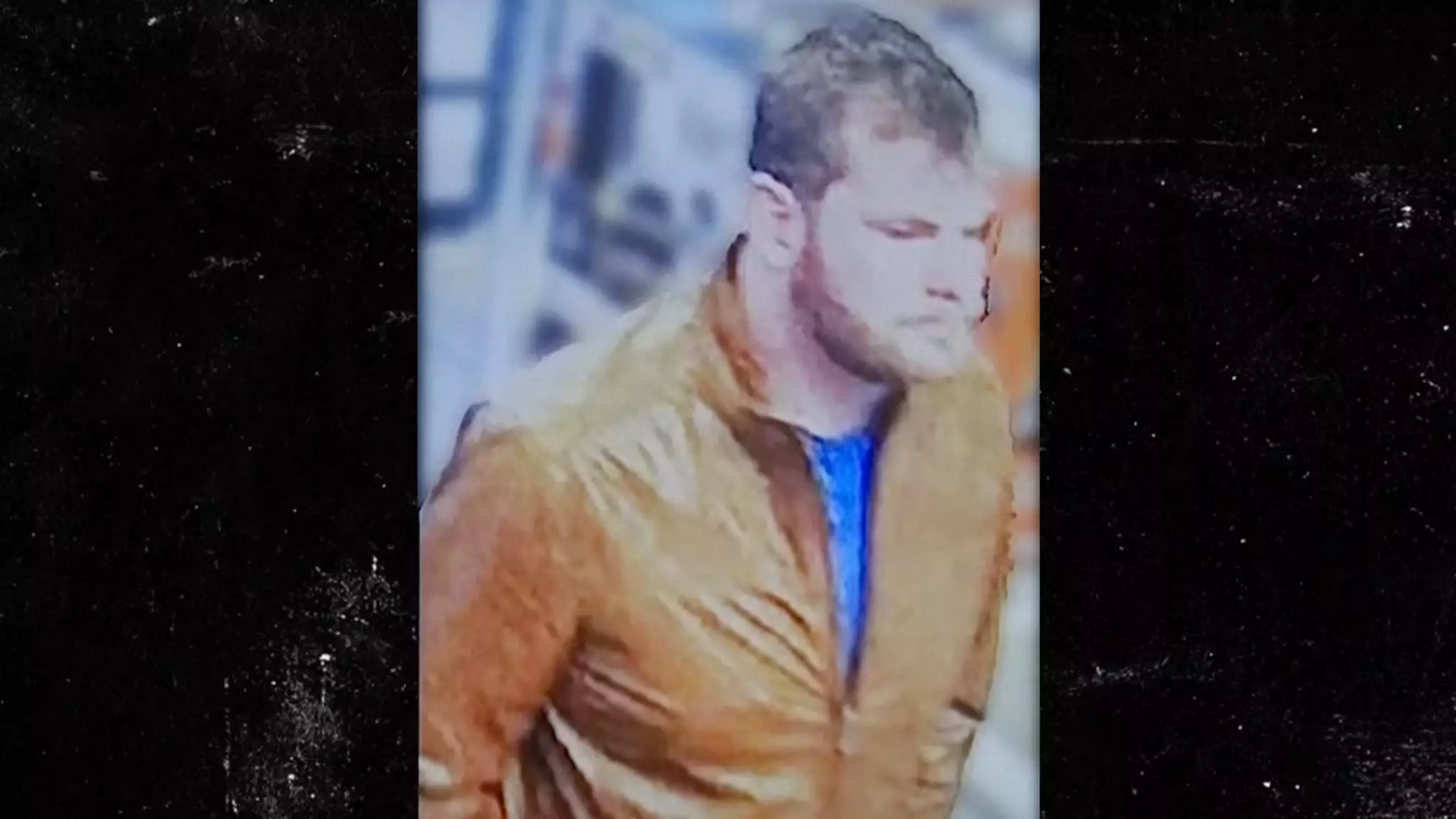The recent explosion of a Tesla Cybertruck at the Trump Hotel in Las Vegas stirred considerable shockwaves across social media and news outlets alike. The perpetrator, Matthew Livelsberger, a decorated Army Special Forces soldier, presented an alarming narrative that intertwines patriotic intent with a descent into mental turmoil. Livelsberger’s actions have been framed not merely as a violent outburst, but as a “wake-up call” rooted in an intense personal struggle, highlighting the critical intersection of PTSD, patriotism, and awareness.
In a letter released by the Clark County Nevada Sheriff’s Department, Livelsberger articulated his motivations with disconcerting clarity. He asserted that the explosion was not a terrorist act but a desperate call for attention: “Americans only pay attention to spectacles and violence.” This statement underscores a disturbing reality, suggesting that in a culture inundated with news cycles dominated by extremes, more profound issues often go unnoticed. Livelsberger further indicated that the explosive act was an attempt to cleanse his mind of the traumatic memories associated with his service—alluding to the brothers he lost in combat and the lives he took.
This justification raises several critical questions about the perceptions of mental health issues, especially among veterans. The stark expression of his turmoil through such drastic means reveals the desperate lengths individuals may go to in order to seek acknowledgment and understanding for their suffering. The unfortunate irony lies in the potential for Livelsberger’s message to become lost amidst the chaos, reinforcing the very cycle of violence he sought to critique.
Adding layers of complexity to Livelsberger’s actions is the choice of using an Elon Musk-designed vehicle to convey his sentiments outside a Trump-affiliated establishment. This strange juxtaposition raises eyebrows, particularly given Livelsberger’s alignment with Trump’s ideologies. The decision to use a vehicle synonymous with innovation and technology—made by a billionaire who has often positioned himself as a disruptor—highlights a clash between traditional values and contemporary concerns. Livelsberger’s call to action appearing in a locale heavily branded by capitalistic ambitions also critiques the very system he once supported.
Livelsberger’s missive implores fellow veterans and Americans alike to recognize what he perceives as “weak and feckless leadership.” His warning about the nation’s deterioration echoed sentiments held by many disillusioned citizens, suggesting a widespread crisis of confidence in those holding power. This sentiment resonates particularly within the veteran community, where feelings of neglect and disenfranchisement are prevalent.
While Livelsberger’s tragic decision cannot be condoned, it shines a light on the broader societal issues at play—issues that mandate attention beyond mere headlines. His explosion at the Trump Hotel may serve as a painful reminder that those suffering in silence, particularly our veterans, are often pushed to their limits and that their struggles merit urgent consideration and more compassionate discourse. In a world so quick to judge and react, we must step back and ask: how do we address the underlying issues these actions reflect? The time for understanding is now—this soldier’s story is a clarion call that demands our attention.

